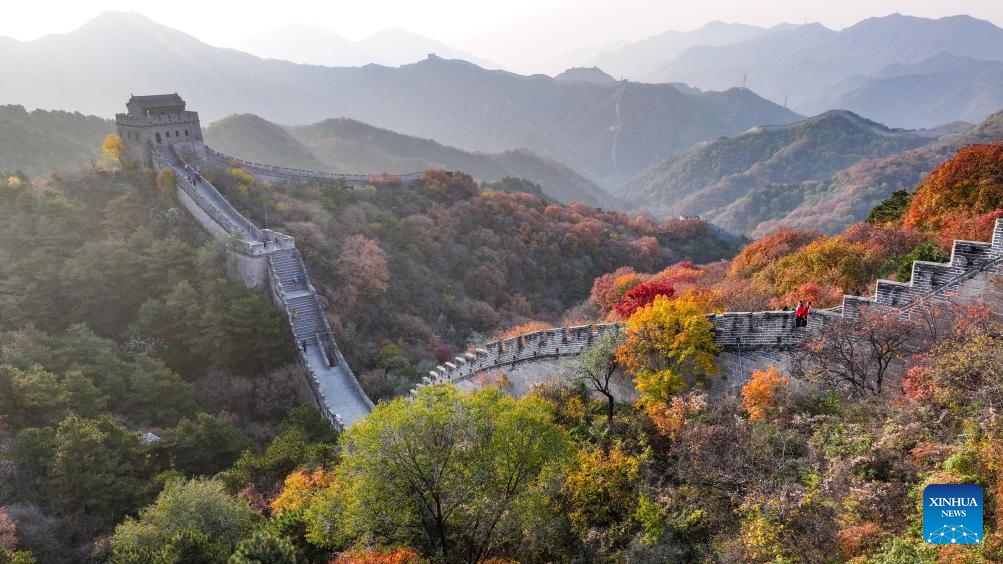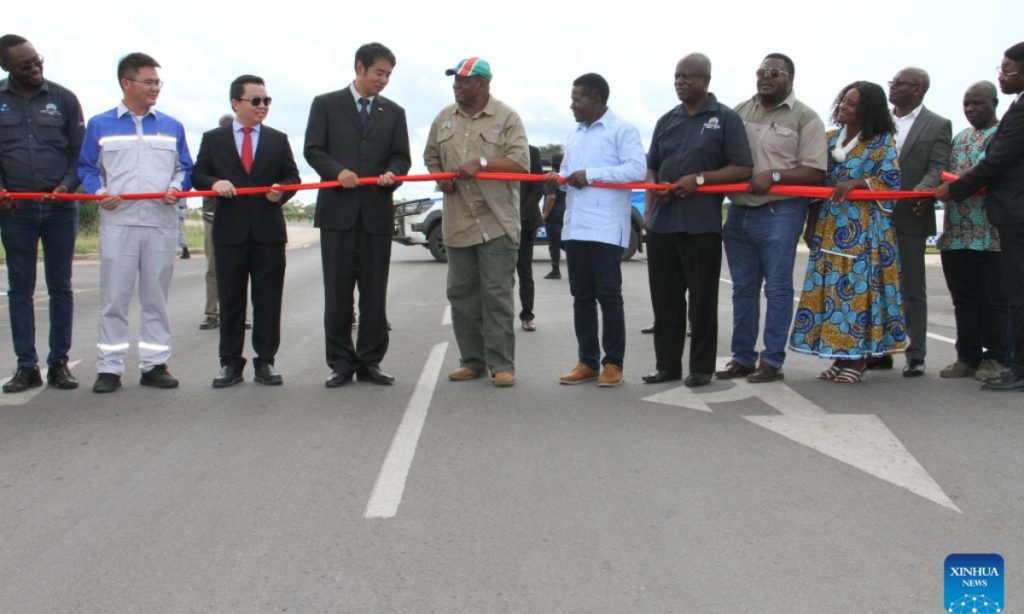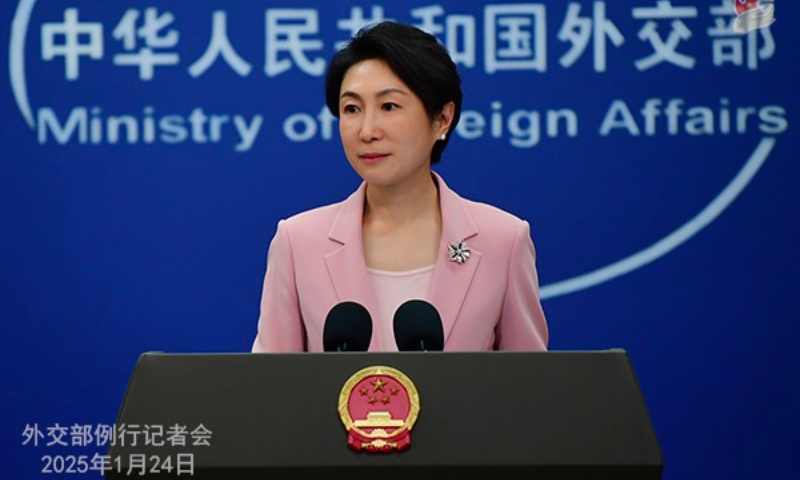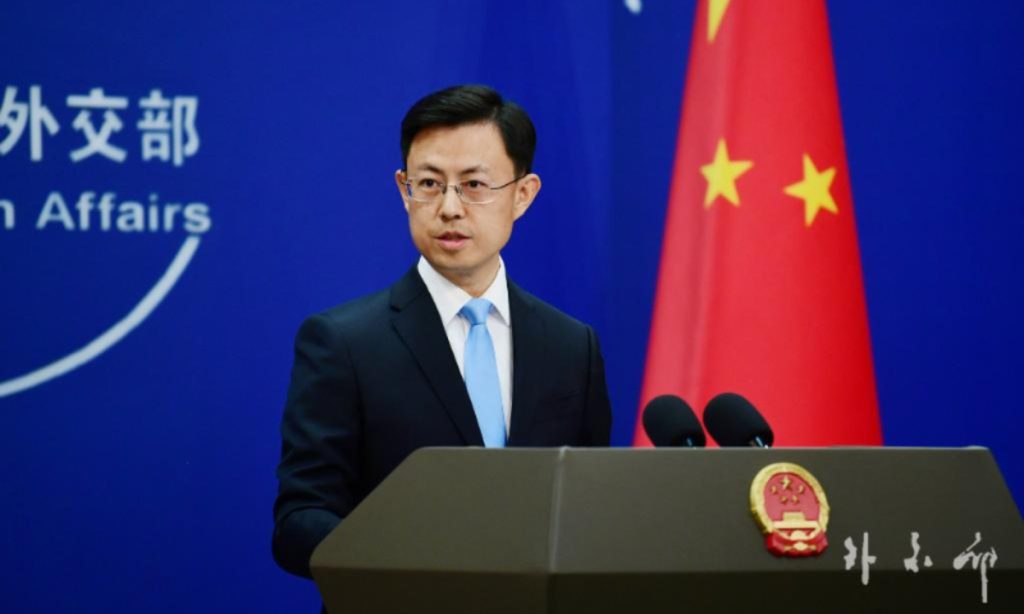Japanese tourists over Great Wall buttock pictures deported from China: Japanese Media

Two Japanese tourists were detained for two weeks in China, then deported, for taking photos showing exposed buttocks at the Great Wall, a World Heritage site, Japanese media reported. The incident has sparked heated discussions among netizens, with some Japanese commenting "It's shameful for these two Japanese tourists to behave so disgracefully at a historical site."
In early January, a Japanese man in his 20s traveling in China exposed his buttocks at the Great Wall in Beijing, while a Japanese woman accompanying him took photos, the Japan Times reported on Friday.
The tourists reportedly told the Japanese Embassy they did it as a prank. However, they were detained for two weeks for violating the Law on Penalties for Administration of Public Security, as their act of public nudity was deemed disruptive to social order, before being deported to Japan.
Japanese Foreign Ministry confirmed on Friday that "the Embassy of Japan in China confirmed on Jan 3 that two Japanese nationals were detained by local authorities at the Great Wall."
They were subsequently released and returned to Japan in January, the ministry said in a statement.
The Japanese Embassy in Beijing did not reply to requests for comment, as reported by the Japan Times.
Following the incident, Japan's NTV sent reporters to the site. A Japanese journalist expressed confusion over the tourist's behavior.
"The Great Wall is at a high altitude, and in January, temperatures can drop to -15 C. It's hard to understand why the man would take off his pants to expose his buttock for photos in such freezing weather," the journalist said.
This incident has been reported by several mainstream Chinese media outlets, including People's Daily news app and the official Wechat account of China Youth Daily. The incident, meanwhile, sparked heated debate among netizens in both China and Japan.
Some Japanese netizens commented, "it's shameful for these two Japanese tourists to behave so disgracefully at a historical site, two weeks' detention is too lenient," while others said, "Our country often complains about foreign tourists misbehaving, yet our own citizens are doing such things abroad."
In China, the topic ranked 11th on Sina Weibo's trending list by Friday noon, with many netizens expressed their indignation, saying they couldn't understand the tourists' behavior. There are also some netizens praising the approach taken by the local police, noting that those who lack etiquette should be dealt with by such punishments.


